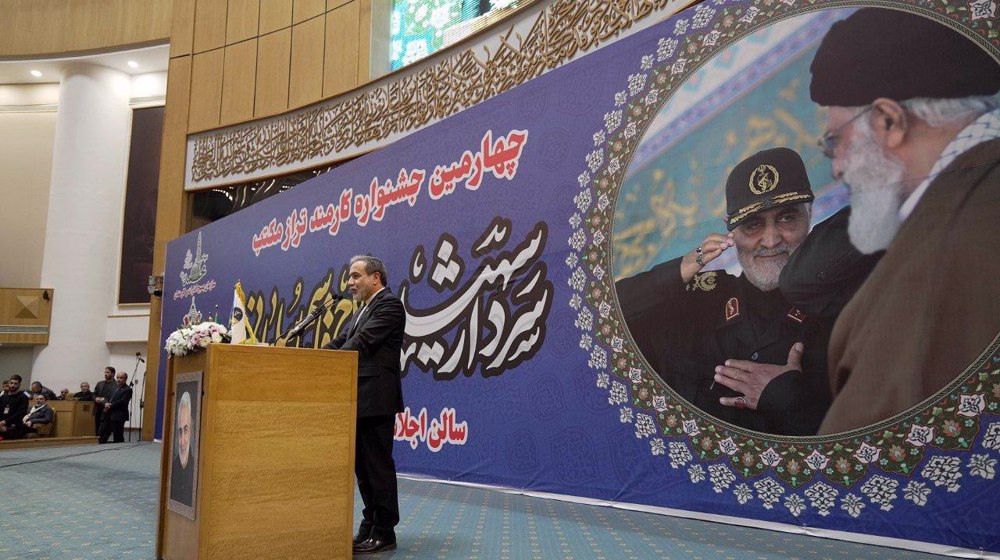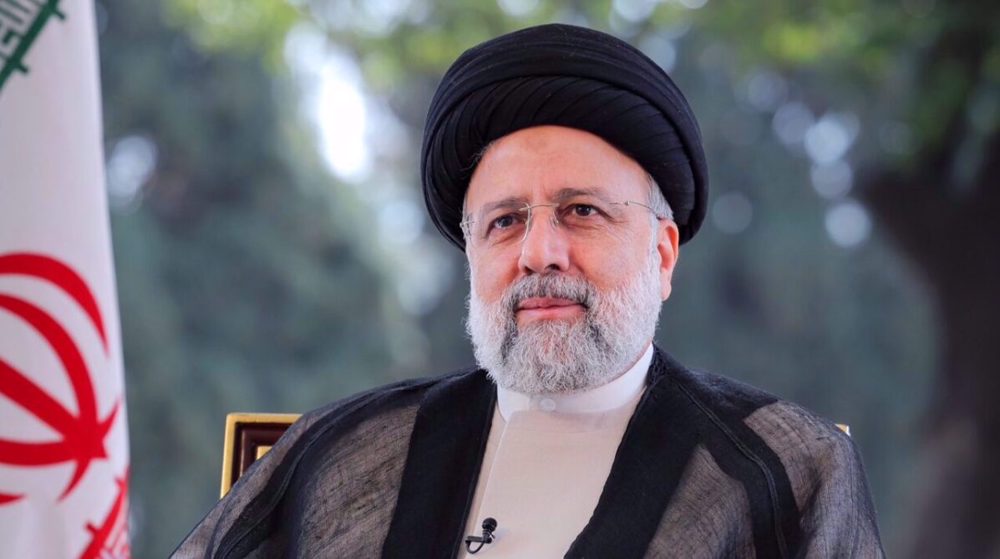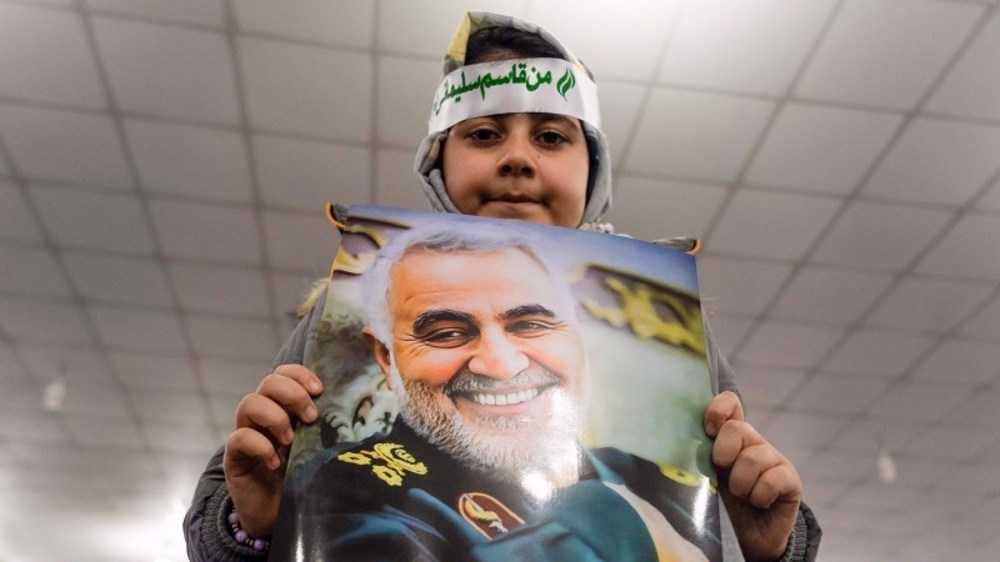EU parliament supports EIB’s work with Iran in defiance of US threats
The European Parliament has granted permission to the European Investment Bank (EIB) to do business in Iran as Europeans scramble to devise mechanisms aimed at saving the 2015 nuclear deal without the US and protecting their commercial ties with Tehran in the face of returning American sanctions.
The parliament blocked Wednesday a motion that was seeking to prevent the European Commission, the EU’s executive body, from lifting restrictions on the Luxembourg-based EIB, the bloc’s not-for-profit long term investment arm, in Iran.
The measure, which was proposed by the far-right Europe of Freedom and Direct Democracy group (EFDD), failed with only 93 votes for, 573 against and 11 abstentions.
“We are granting the EIB the capacity to invest in Iran if suitable projects are found,” said Siegfried Muresan, a lawmaker from the center-right European People’s Party (EPP).
“The Iran deal is good for Europe’s security,” he told Reuters, referring to the 2015 Joint Comprehensive Plan of Action (JCPOA), under which Iran undertook to put limits on its nuclear program in exchange for the removal of nuclear-related sanctions.
After Washington’s withdrawal from the JCPOA in May, the administration of US President Donald Trump pledged “the highest level” of economic bans on the Islamic Republic.
Tehran has conditioned its stay in the deal to a set of practical European strides to make sure Iran’s dividends from the deal would not be affected when US bans return.
European countries have expressed their determination to save the nuclear agreement and maintain their business links with Iran. They are now working to finalize a package of proposals for Iran to help save the JCPOA.
Since its exit from the JCPOA, the Trump administration has embarked on a fresh fearmonegring campaign among the European businesses active in Iran, threatening them with hefty penalties should they choose to stay in Iran when the American sanctions snap back into place.
Washington’s threats have already scared a number of European business and energy giants out of Iran.
Reuters quoted EU sources as saying last month that the EIB had balked at an EU proposal to do business in Iran under pressure from the US -- where the bank raises much of its funds.
European Union governments technically have the power to block the Commission proposal but are not expected to do so given that EU leaders publicly voiced support for the EIB lending plan at a summit in May.
On June 6, the European Commission decided to bring Iran within the remit of the EIB’s External Lending Mandate (ELM) by adding it to the list of countries outside the EU that are eligible for EIB lending.
It also activated the Blocking Regulation, which prohibits EU companies from complying with the US bans against firms investing in or transacting business with Iran.
The Commission has also proposed that EU governments make direct money transfers to the Central Bank of Iran to avoid US penalties.
The latest Commission vote comes a head of a meeting of foreign ministers of Iran and the five remaining parties to the JCPOA in the Austrian capital, Vienna, on Friday, where they are set to discuss the fate of the deal.
VIDEO | Press TV's news headlines
VIDEO | Israeli military pulls out of southern Lebanese town of Naqura
Hamas slams Israeli regime's plan to annex Arab countries
Iran rejects Macron’s ‘baseless, contradictory’ remarks
VIDEO | Unyielding Resistance Axis
Palestine, Jordan slam map showing Arab lands as part of ‘greater Israel’
VIDEO | New York healthcare workers take a stand against genocide
Ireland files declaration of intervention in genocide case against Israel

















 This makes it easy to access the Press TV website
This makes it easy to access the Press TV website